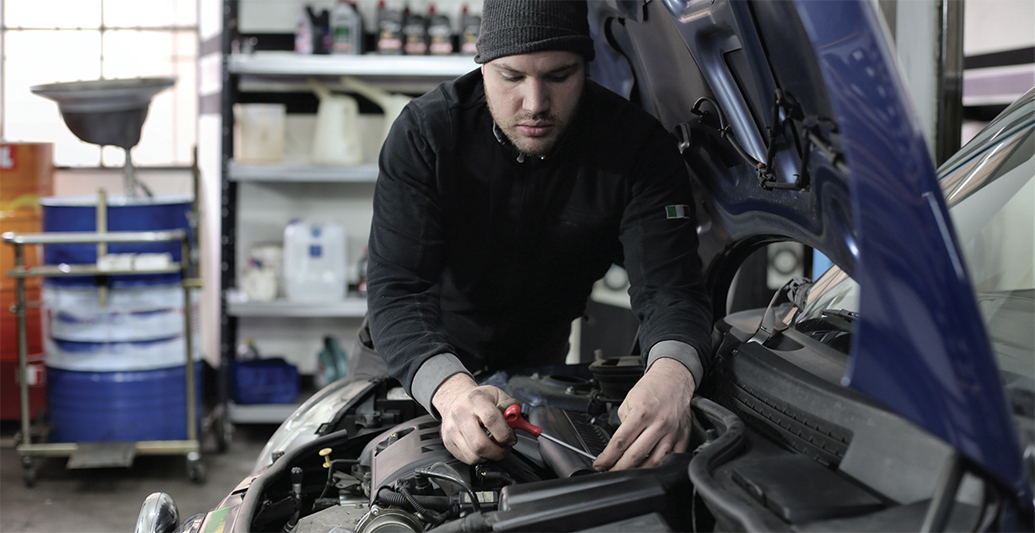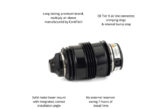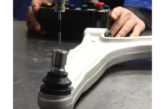
Chris Wakefield, Managing Director UK & Ireland, GOJO Industries-Europe Ltd. provides guidance on how to clean (and care for) workers’ hands to boost hand hygiene compliance.
Health and safety in garages and workshops is serious business. Mechanics are exposed to many risks throughout a workday – from manual handling injuries and slips, trips, falls, and even crushing, to burns, eye and respiratory conditions from toxic fumes or minute particles in the air.
However, one of the most common issues they face is occupational dermatitis with car repair workers being nearly 2.5 per cent times more likely to suffer hand dermatitis than office workers or the general population.
This is not altogether surprising as skin on the hands commonly takes the brunt of damage from working in automotive environments. Injuries from small cuts and scratches, contact with oils, grease, dust, paint, and an array of other substances can all take their toll, leaving skin sore and damaged.
Wearing gloves can be helpful, however their use may not always be possible or fully protective. Handwashing is, therefore, essential for technicians. Unfortunately, the options often available to them range from vigorous scrubbing with ordinary soap and water, to an array of hand cleaners laden with ingredients and chemicals that are equally as harsh as the ones they are attempting to remove. Both methods can damage skin and cause occupational dermatitis, resulting in irritation, redness, cracking, and blistering.
This is not only painful but can also lower productivity at work. It can also present a further health problem: people with damaged skin are more likely to abandon handwashing practice altogether, for fear of aggravating their condition. This in turn, can lead to widespread illness across the workforce. As well as potentially spreading soils and stains to other surfaces, dirty hands can also pass on harmful germs, as they can persist on surfaces, even ones covered in other soils.
The tools for success
The good news is that the market has evolved and, today, there are specialist hand cleaners, which have been specifically designed to remove tougher dirt and grime, without irritating skin.
Rather than applying excessive chemicals onto existing soils, the latest products use plant-based scrubbers to remove medium and heavy-duty soils, such as grease, carbon black, caulk, graphite, adhesive, paint, sealant, and tar with minimum fuss. They are formulated to maintain skin health too. Look for products that are hypoallergenic, pH neutral and enriched with moisturising agents.
Supplying products that offer a positive user experience is the first step to building compliance and second is ensuring that they are readily available when they are needed. In addition to housing product in robust, durable dispensers, supplying hand cleaners in different formats can help drive positive behaviour.
Versatile wipes, like the new GOJO hand and surface scrubbing wipes, can prove a quick and handy solution in garages and workshops. Offering the ultimate in convenience, they remove heavy dirt and grime from hands, arms, tools and objects, materials, and surfaces, quickly and effectively – and without the need for water.
As well as minimising the risk of dermatitis and skin irritation, practising good hygiene with specialist, skin-kind hand cleaners, boosts the overall health and wellbeing of the entire workforce. Therefore, taking steps to protect workers’ hands, the most valuable tools of their trade, benefits everybody – lower absenteeism and greater productivity for businesses, and for mechanics, long, fruitful careers, free from pain or irritation.









